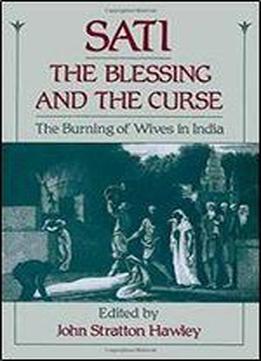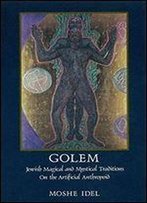
Sati, The Blessing And The Curse: The Burning Of Wives In India
by John Stratton Hawley /
2017 / English / PDF
13.4 MB Download
Several years ago in Rajasthan, an eighteen-year-old woman was burned on her husband's funeral pyre and thus became sati. Before ascending the pyre, she was expected to deliver both blessings and curses: blessings to guard her family and clan for many generations, and curses to prevent anyone from thwarting her desire to die. Sati also means blessing and curse in a broader sense. To those who revere it, sati symbolizes ultimate loyalty and self-sacrifice. It often figures near the core of a Hindu identity that feels embattled in a modern world. Yet to those who deplore it, sati is a curse, a violation of every woman's womanhood. It is murder mystified, and as such, the symbol of precisely what Hinduism should not be.
In this volume a group of leading scholars consider the many meanings of sati: in India and the West in literature, art, and opera in religion, psychology, economics, and politics. With contributors who are both Indian and American, this is a genuinely binational, postcolonial discussion. Contributors include Karen Brown, Paul Courtright, Vidya Dehejia, Ainslie Embree, Dorothy Figueira, Lindsey Harlan, John Hawley, Robin Lewis, Ashis Nandy, and Veena Talwar Oldenburg.











